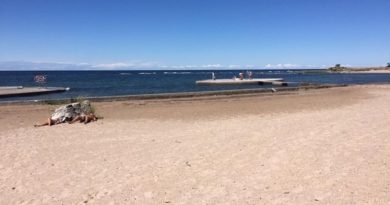Justice system in northern Quebec straining at the seams and devastating victims, say Crown prosecutors
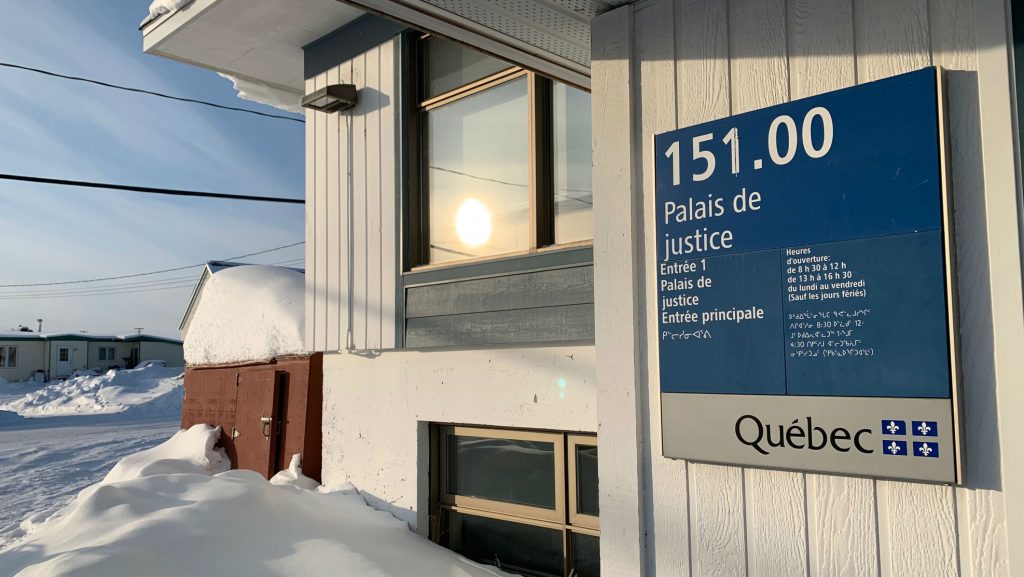
The justice system in northern Quebec is straining at the seams, struggling to retrain Crown attorneys and betraying victims, says the province’s association of prosecutors.
“We need to do something right now because everything is collapsing,” Olivier Charbonneau, the vice-president of the Association of Criminal and Penal Prosecutors in Quebec (l’Association des procureurs aux poursuites criminelles et pénales), said in a phone interview. “Speaking for the Crown prosecutors I represent, we’re losing people on sick leave almost every month.
“A Crown prosecutor does that job because they believe in justice, helping victims, and because they want to make a difference. And right now they feel like they’re participating in something very ugly because victims in the North are treated differently than victims in the South and they don’t want to be part of it any more.”
Charbonneau’s comments came last week after the association released an inaugural survey of province’s Crown prosecutors who work in the travelling court which serves Quebec’s most remote communities, the majority of which (14) are in Nunavik, the Inuit region of Arctic Quebec.
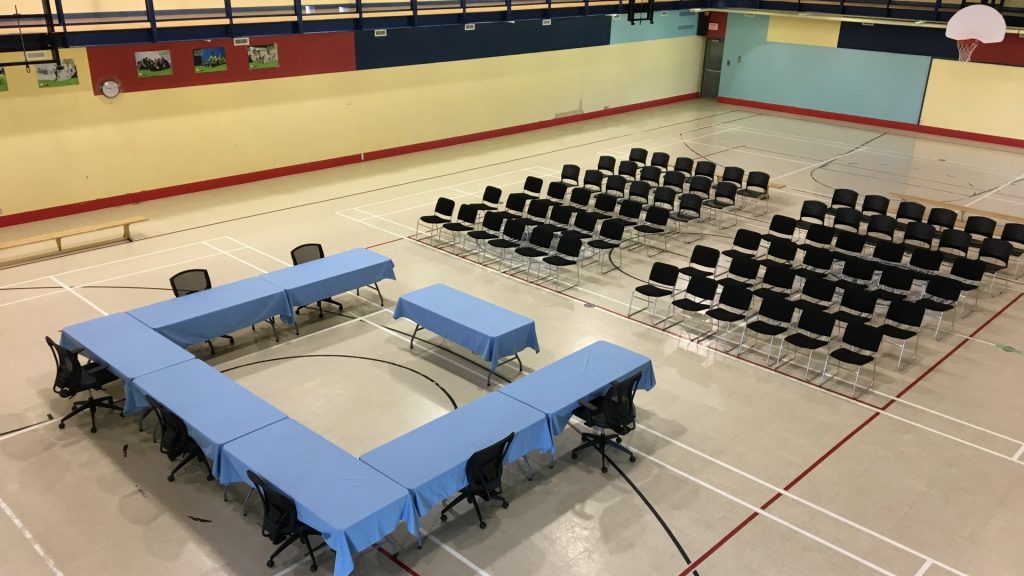
Twenty-seven of the 28 Crown prosecutors serving the region responded.
The results suggest a justice system at the breaking point, with prosecutors flagging crushing workloads, lack of resources, insufficient preparation time, and highly complex files that include family violence and sexual assault but without being able to adequately prepare victims for trial.
Challenges of serving a remote region
There are no resident judges or lawyers in Nunavik. Instead, the 14 communities rely on a travelling court that visits their communities an average of two to four times a year.
For each itinerant court cycle, judges and lawyers, are brought up from other parts of the province, with Crown prosecutors flown up from Amos, a town in southern Quebec.
If the travelling court is in Kuujjuaq on the Ungava Bay coast, or Puvirnituq on the Hudson’s Bay side of Nunavik, the cases will be heard in a small courthouse.
But in the other communities they’ll be held wherever there’s room, like in a local gymnasium. During the itinerant court sessions, lawyers have been known to meet witnesses for the first time everywhere from coatrooms to communal kitchens to bathrooms just a few minutes before trial.
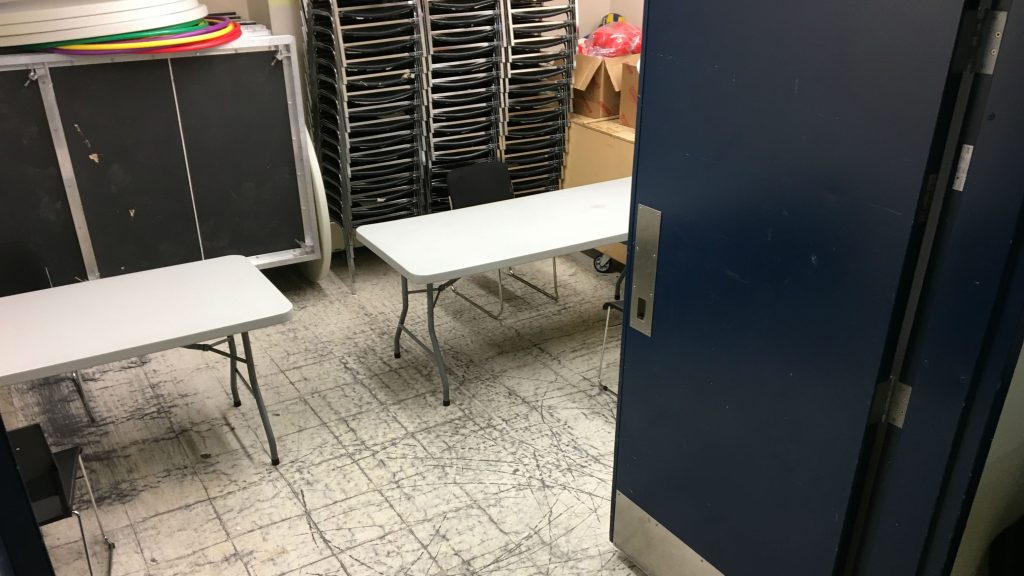
Charbonneau, who specializes in sexual assault cases, says the strain on victims is crushing.
“When I authorize a case here in Montreal, the first thing I do is meet with the victim at the very beginning, and quite often during the process too. Up north, the victims are left alone because Crown prosecutors don’t have the time or resources to meet them, even though the guidelines from the Director of Criminal and Penal Prosecutions (DCPP) says we must meet with the victim.
“But if you’re a victim in Nunavik, you won’t meet with the Crown Prosecutor and in fact, you’ll meet him or her only and few minutes before trial. The service for the victim is not the same as down south.
“That’s not acceptable and directly affects the trust people in the communities have towards us.”
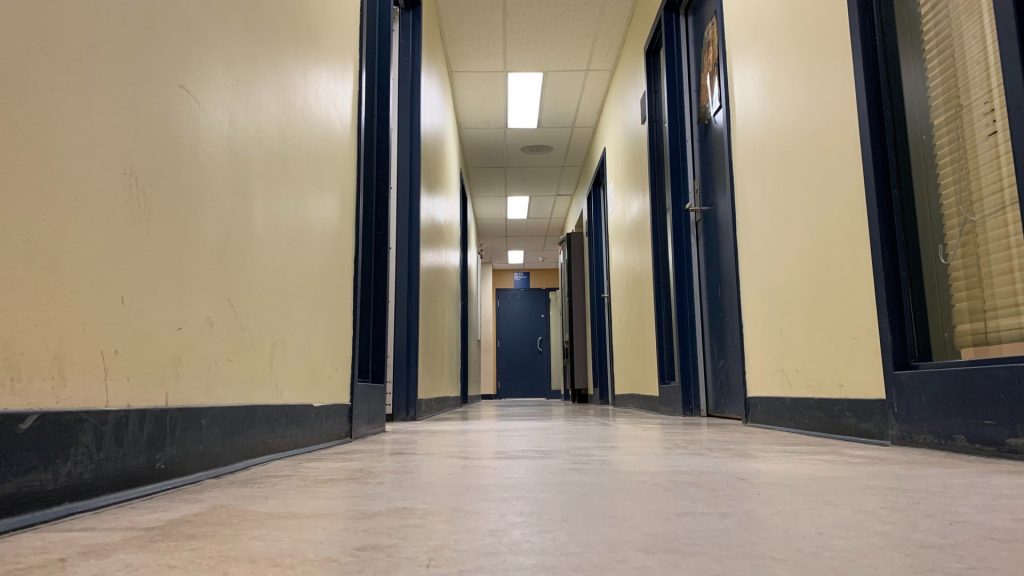
Only one out of three respondents to the survey said they had the expertise and level of autonomy necessary to carry out the work given to them.
“We have passionate and competent people in Amos, but the average experience is two years. And what can you do when you have two weeks, or five months, experience and you have to deal with aggravated sexual assault and attempted murder cases?”
This continues to contribute to the huge turnover of Crown prosecutors serving the region, leading to a constant loss of expertise, Charbonneau said.
Over the last two years, 17 Crown prosecutors have left.
“That’s an astonishing number and we lost people of great quality, experience and knowledge of Nunavik,” Charbonneau said.
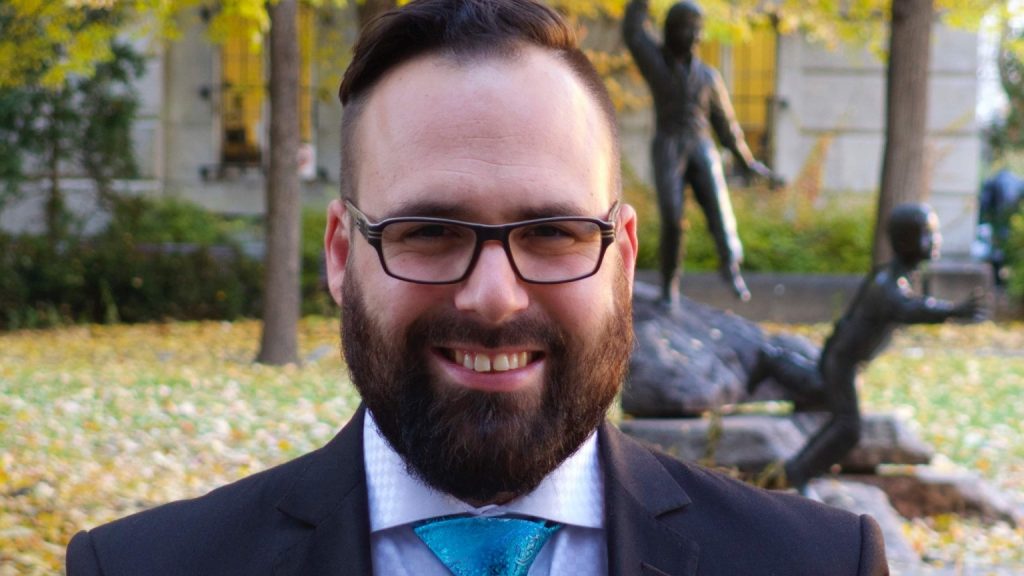
A massive overhaul of the system is needed, he said, including doubling the amount of prosecutors working out of Amos and creating incentives for experienced lawyers to work in the region and mentor younger prosecutors.
“The system has hit rock bottom and we need more than just words, we need more people at the Crown, more clerks and more judges. But think about if we could also create incentives that could draw experienced Crown counsel from everywhere in Quebec to go up North for three, four or five months at a time to help form and mentor younger prosecutors; help them with their trails and with the victims.”
For over a decade, everyone from the Quebec ombudsman to the Quebec Bar Assocation to Inuit sponsored reports have sounded the alarm on the dire state of the Nunavik justice system, with little action, but Charbonneau said he’s hopeful change is coming.
“Maybe I’m too optimistic, but I feel like the paradigm is switching now. The focus on the Nunavik justice system is the highest I’ve seen in the past years and I hope the the government, the DCPP and everyone will, once and for all, do something concrete for people in Nunavik.
“In the end it will benefit the victims and the whole society.”
Write to Eilís Quinn at eilis.quinn@cbc.ca
Related stories from around the North:
Canada: Quebec Inuit org. calls lack of police, justice reform “ticking catastrophe in modern times”, Eye on the Arctic
Finland: Police response times up to an hour slower in Arctic Finland, Yle News
United States: Violence Against Women bill would expand power of up to 30 Alaska tribal courts, Alaska Public Media



